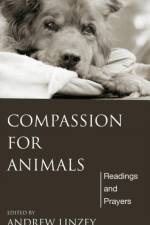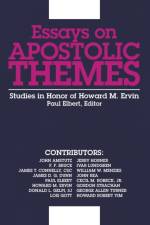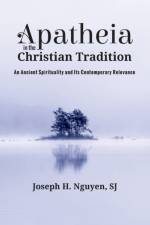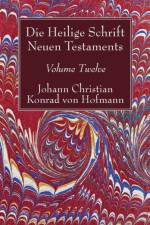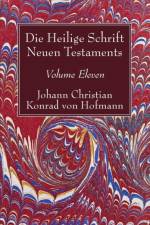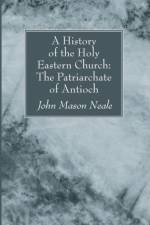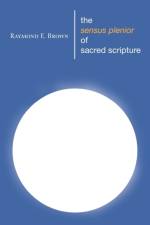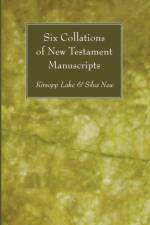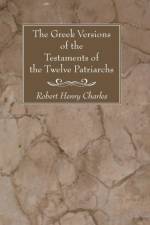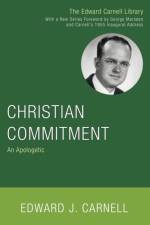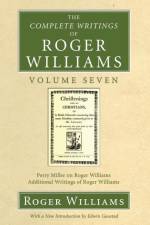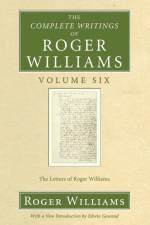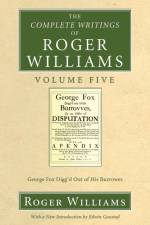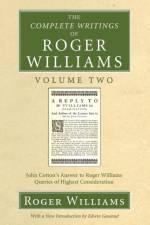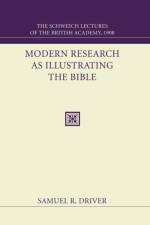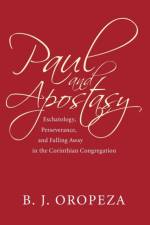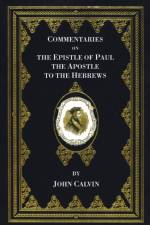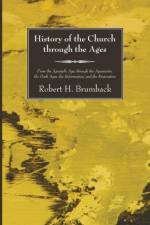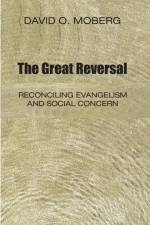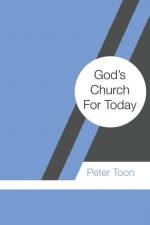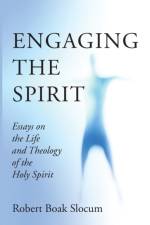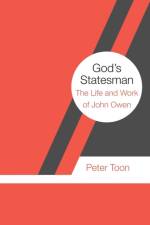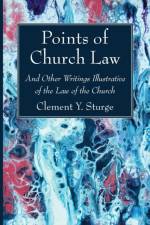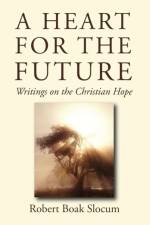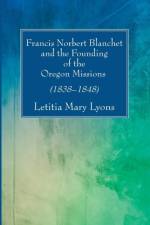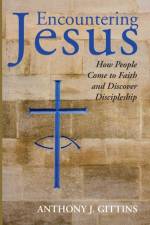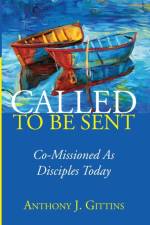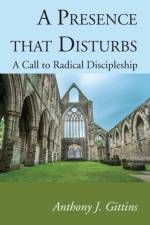av Letitia Mary Lyons
349,-
The purpose of this dissertation is to present the story of the Catholic Church in the Oregon territory from the foundation of the first missions in 1838 until the formal organization of the country into the ecclesiastical province of Oregon City, which was completed ten years later when the first provincial council was held at St. Paul, Oregon, in February 1848. The pioneer priests, Francis Norbert Blanchet and Modeste Demers, had been but a few months in the Pacific Northwest when they realized the advantages that might result to their work from the presence of a bishop in Oregon. They sent, in 1839, the first of a series of petitions to the bishop of Quebec, asking that steps be taken thus to assist them but it was not until 1842, when Father De Smet, the Jesuit missionary, added his pleadings to theirs, that the project was given serious consideration. The following year, after recommendations from Quebec and Baltimore, the Holy See established the vicariate apostolic of Oregon and appointed Father Blanchet, first vicar apostolic. Three years later, in 1846, due to representations which Blanchet made at Rome, the province of Oregon City was erected. The Holy See elevated Blanchet to the metropolitan see and named as his suffragans, his brother, Augustine Magloire Blanchet, Bishop of Walla Walla, and Modeste Demers, Bishop of Vancouver Island. Archbishop Blanchet returned to Oregon in 1847 and several months later convened the first provincial council, which studied and legislated for the needs of the new province. It is this period of early foundations and development which is discussed in these pages.¿From the PrefaceSister Letitia Mary Lyons (1904-2001) entered the Holy Names novitiate in 1928 at Marylhurst, OR, and pronounced vows in 1930. Her bachelor's, master's, and doctoral degrees in history and sociology were from Marylhurst College, the University of Washington, and The Catholic University of America.She taught in Holy Names high schools in Oregon and Washington, and at Holy Names (later Fort Wright) College, where she served variously as housemother, dean of students, and professor. She later pioneered a workshop for religious education on human sexuality.

